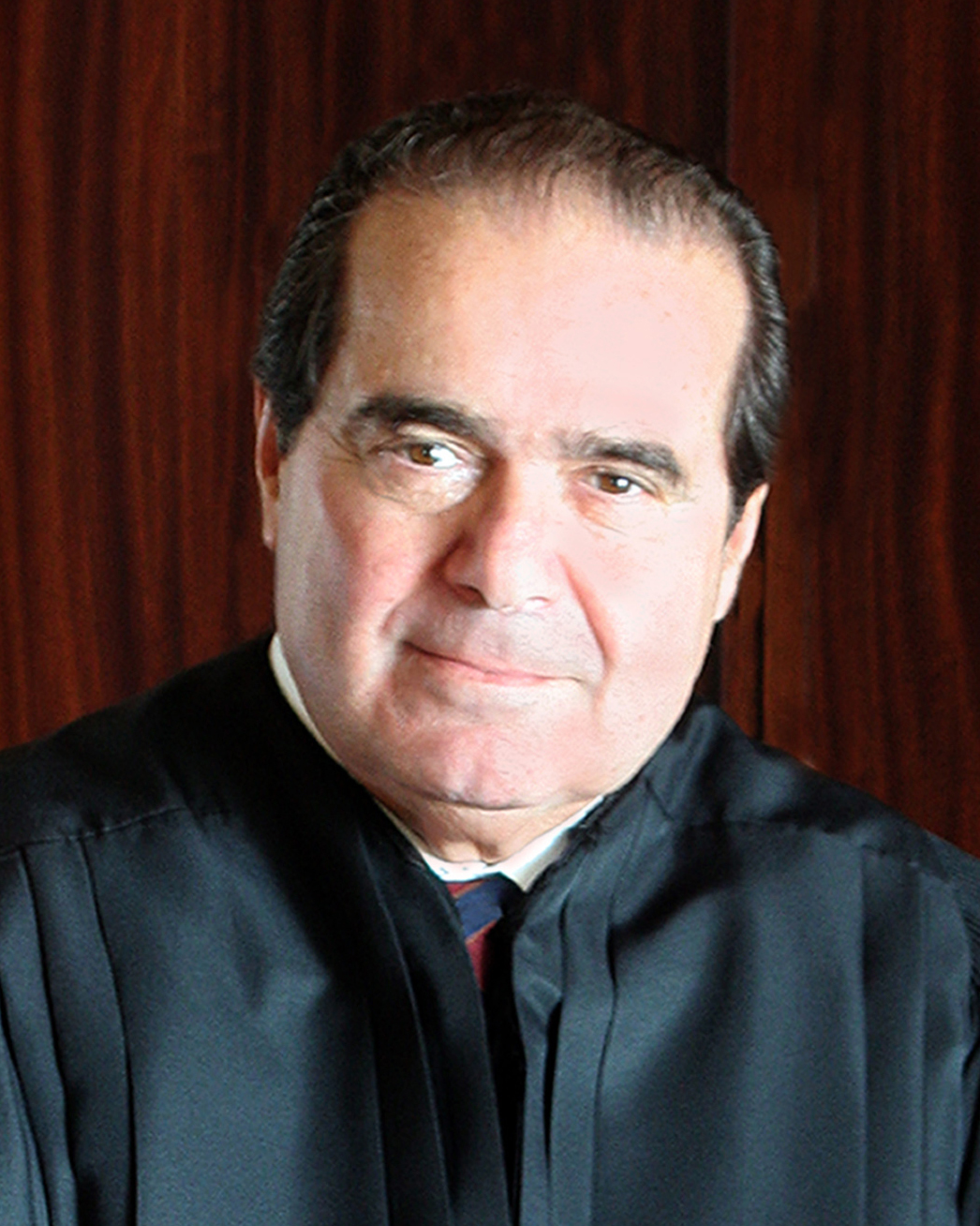U.S. Supreme Court Justice Antonin Scalia passed away Saturday at the age of 79. Appointed to the Supreme Court in 1986 by former President Ronald Reagan, Scalia anchored the conservative wing of the Court and was infamous for his eloquent yet firm and direct opinions.
Upon his death, Scalia left behind an eight-member court, split evenly, four and four, between conservative and liberal justices. So what will (or won’t) be done to replace the crucial wild-card seat on the bench? Well, considering the polarized political climate that is prevalent in Washington D.C., Republicans and Democrats are split as to what they think should be done to replace Scalia. Republicans want to wait until a new president is elected before filling Scalia’s seat on the bench. Republican Senate Majority Leader Mitch McConnell said in a statement that “The American people should have a voice in the selection of their next Supreme Court Justice. Therefore, this vacancy should not be filled until we have a new President.” Democrats, on the other hand, would much prefer to see President Barack Obama nominate a replacement for Scalia during his last year in office. Presidential candidates Bernie Sanders and Hillary Clinton both voiced their concern that Republicans will defy the Constitution if they refuse to approve a new justice this year. Senate Minority Leader Harry Reid and Sen. Patrick Leahy, who serves on the Senate Judiciary Committee, both pointed to the constitutional and democratic responsibility of the Senate to confirm Scalia’s replacement.
The Republican-dominated Senate has blocked a record number of Obama’s judicial nominations. Though many of these blocked nominations have been for relatively minor positions, this is the first time during the Obama administration that there’s been a vacancy in the highest court in the land during a Republican-dominated Senate. Two current justices, Sonia Sotomayor and Elena Kagan, were nominated by Obama and confirmed by the Democratic majority in the Senate. Though, it’s doubtful if Obama were to nominate a justice in the near future the Senate would confirm such a nomination. Though Supreme Court justices are not identified by political party, their political preferences are typically well-known. That means that if Obama were to nominate a replacement for Scalia in the near future, it would likely be someone with a liberal judicial history. This is why it’s unlikely that the Senate would confirm such a nomination and would prefer waiting until a new president, who they hope will be a Republican, is elected before replacing Scalia.
Scalia rose to fame as a result of his heated dissents and brash vocalism that made him a judicial force to be reckoned with. A firm believer in the Constitution, Scalia’s record in the Supreme Court includes support of Second Amendment rights and opposition of the Affordable Care Act, abortion and same-sex marriage. Scalia believed in the concepts of textualism and originalism, as opposed to a living Constitution. The Harvard Law School graduate is revered for his firm beliefs that inspired young conservative law students. He was the longest serving justice on the Supreme Court.
“The judge who always likes the results he reaches is a bad judge,” Scalia said in 2013.
Kyle Campbell is a sophomore government and politics major. He can be reached at kcampbelldbk@gmail.com.



